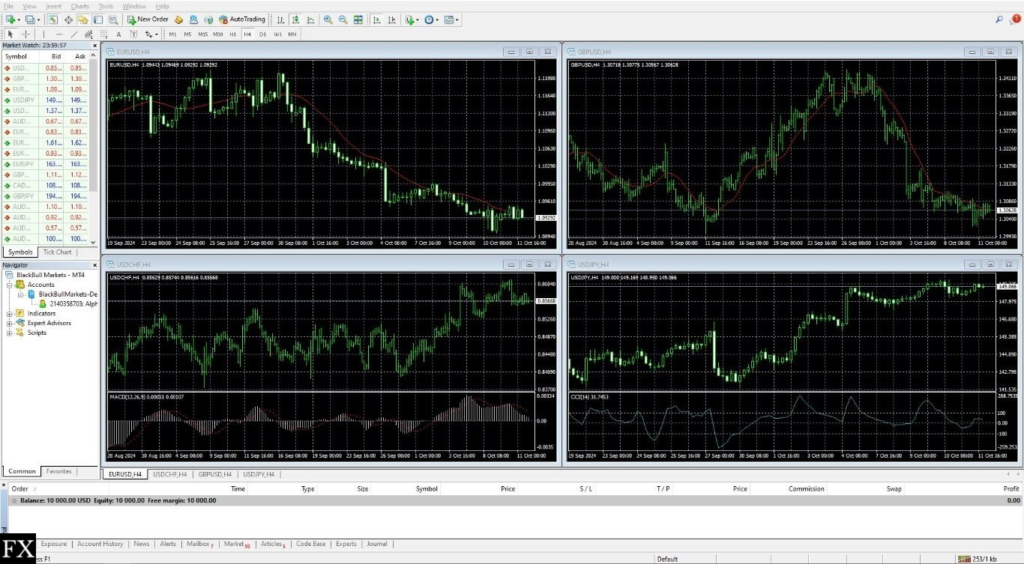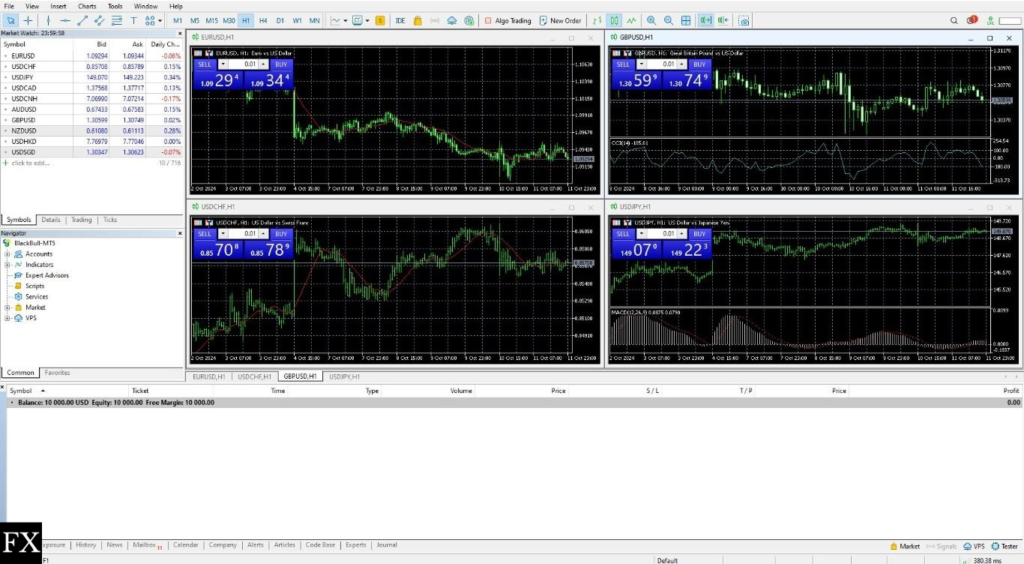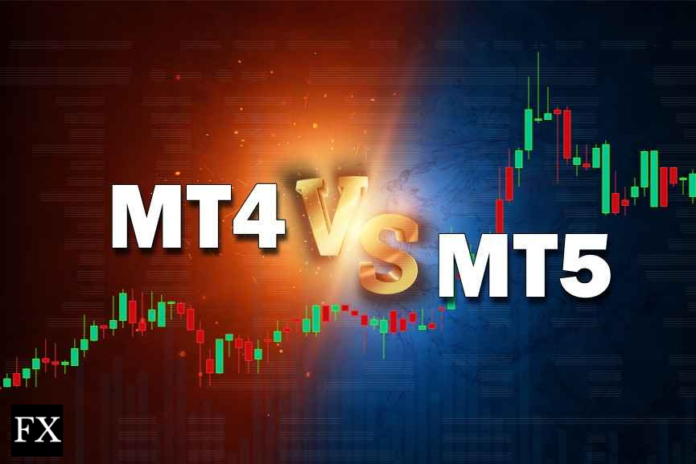MetaTrader 4 (MT4) has long been the industry standard for Forex trading platforms, a familiar sight with virtually every broker either offering direct access or a bridge to it. But its younger sibling, MetaTrader 5 (MT5), from the same developer, MetaQuotes, is also gaining ground. So, which platform is better for you? Let’s break down the key differences.
Why the Divide: MT4’s Reign and MT5’s Rise
MT4’s popularity stems from its reliability, ease of use, and massive community of users. It’s a tried-and-true workhorse that many traders have come to depend on. MT5, on the other hand, was designed to expand beyond Forex, offering access to stocks and commodities by connecting with centralized exchanges.
Key Differences: MT4 vs. MT5
While both platforms offer powerful tools for trading, several key differences might sway your decision:
- Regulation: MT5 adheres to the US “no hedging” rule (FIFO), forcing traders to close positions in the order they were opened. This frustrates traders outside the US who prefer hedging, a practice MT4 supports.
- Market Scope: MT4 primarily focuses on Forex, while MT5 handles Forex, stocks, and commodities, making it versatile.
- Programming: MT4 uses MQL4, while MT5 uses MQL5, which is considered easier for building automated trading robots (Expert Advisors). MQL5 also enables “black box” programming.
- Backtesting: MT5 boasts faster and more robust backtesting capabilities, including the ability to test strategies across multiple currency pairs simultaneously. MT4 backtesting is significantly slower.
- Compatibility: Programs written for MT4 (MQL4) cannot run on MT5, causing headaches for users who want to switch. This backward incompatibility is a major reason many have stayed with MT4.
- Future Development: While MT4 did get a feature update, it’s likely that future platform upgrades will prioritize the MT5 framework.
MT4: The Familiar Favorite

Pros:
- Established and Reliable.
- Widespread availability across brokers.
- Extensive library of custom indicators, templates, and Expert Advisors.
- Supports algorithmic trading, API trading, copy trading, and mobile access.
- Handles MAM/PAMM accounts.
Cons:
- Outdated user interface.
- No longer receiving official support from MetaQuotes.
- Slower backtesting than MT5.
MT5: The Modern Challenger

Pros:
- More advanced backtesting tools, allowing simultaneous testing of multiple currencies.
- More timeframes, technical indicators, and graphical objects for analysis.
- Integrated economic calendar.
- More order types and partial order fill policies.
- Ability to send emails with attachments.
Cons:
- Limited availability compared to MT4.
- Fewer upgrades and less established ecosystem.
- “No hedging” compliance for US regulations (which is a drawback for many global traders).
Can You Use Both?
Absolutely! Many brokers offer both MT4 and MT5, and you can use them both on the same device. This is useful for traders using multiple accounts with different strategies. The key limitation is that you can’t open multiple instances of the same platform from the same broker on one device.
Will MT4 Disappear?
Despite MetaQuotes’ efforts to push MT5, MT4 is still going strong. Its massive user base, vast library of custom tools, and lack of backward compatibility with MT5 will make phasing it out a significant challenge. While MetaQuotes has stopped offering official support, MT4 may stick around for many years to come.
Which Platform for Beginners?
For beginners, MT5 is a strong contender. It offers a more modern experience with better backtesting and more tools. However, MT4 is still perfectly capable, and beginners might find more assistance from the large community and library of tools it has developed. The key is to choose a reliable broker first.
A Trader’s Perspective:
Seasoned traders value reliability, ease of use, and stability above all else. Many prefer MT4 for its tried-and-true nature, even with its minor quirks. The platform itself isn’t as crucial as the broker you choose, which means flashy reviews and platform-centric advertising is often overlooked.
Conclusion
Choosing between MT4 and MT5 depends on your trading style, preferences, and regulatory needs. MT4 is the established standard for most global Forex traders and boasts a large community of users. MT5 is a more modern option, especially for US-based traders or those seeking access to a broader range of markets with advanced testing and analytical tools. Consider your needs carefully before making your decision.
We hope you have enjoyed this article, for more tutorials and articles like this, tips for improving your trading and regular analysis, be sure to check our education articles.
Want to trade forex? Here’s a list of forex brokers to check out plus analysis and predictions for major currencies.

